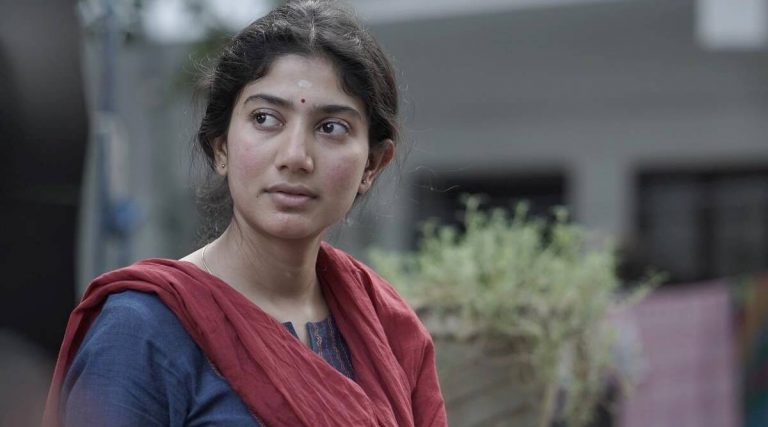The greatest achievement that any coming-of-age film can reach is the ability to allow an audience to walk in the shoes of someone else’s experiences. While there are recurring themes within different stories of adolescence that center on young love, the discovery of identity, and the acknowledgment of life’s more upsetting components, there are certain aspects that will be universally relatable. “In the Summers” does not contain any aesthetic novelties that would distinguish it from the great independent films of the last decade, but it does appear to be an entirely honest admission on the part of writer/director Alessandra Lacorazza Samudio in her feature film debut.
The most intriguing quality of “In the Summers” is its structure, as the film is cleanly divided into four different chapters that focus on a different summer in the lives of its protagonists. Eva (Sasha Calle) and Violeta (Lio Mehiel) have the type of friendly, yet occasionally competitive dynamic that most sisters have at a primary stage in their adolescence, but they are closest with one another when they get to spend part of their vacation from school with their father, Vicente (René Pérez), who is otherwise absent from their lives. Vincente generally seems to have his heart in the right place, but his alcoholism, irresponsibility, and uncontrollable anger indicate that he does not have the capacity to serve as a primary guardian for two young girls who have challenges of their own.
Each segment of “In the Summers” folds into each other quite fluidly; at first, young Eva and Violeta get to see the best of their father, as he seems to have no other purpose than providing them with the sort of dangerous fun that they wouldn’t be able to have in a more controlled environment with a stricter parent. It’s a rather joyous opening that effectively hints that this is a dynamic that will not be sustainable, as is made evident in the second part where Vincente’s alcoholism begins to rear its ugly head. Despite the more atmospheric quality of the first two segments, the third section features more dramatic circumstances that dramatically change the context of the narrative. It’s all completed by a very quiet, contemplative denouement that contains a greater degree of cynicism than was ever apparent previously.
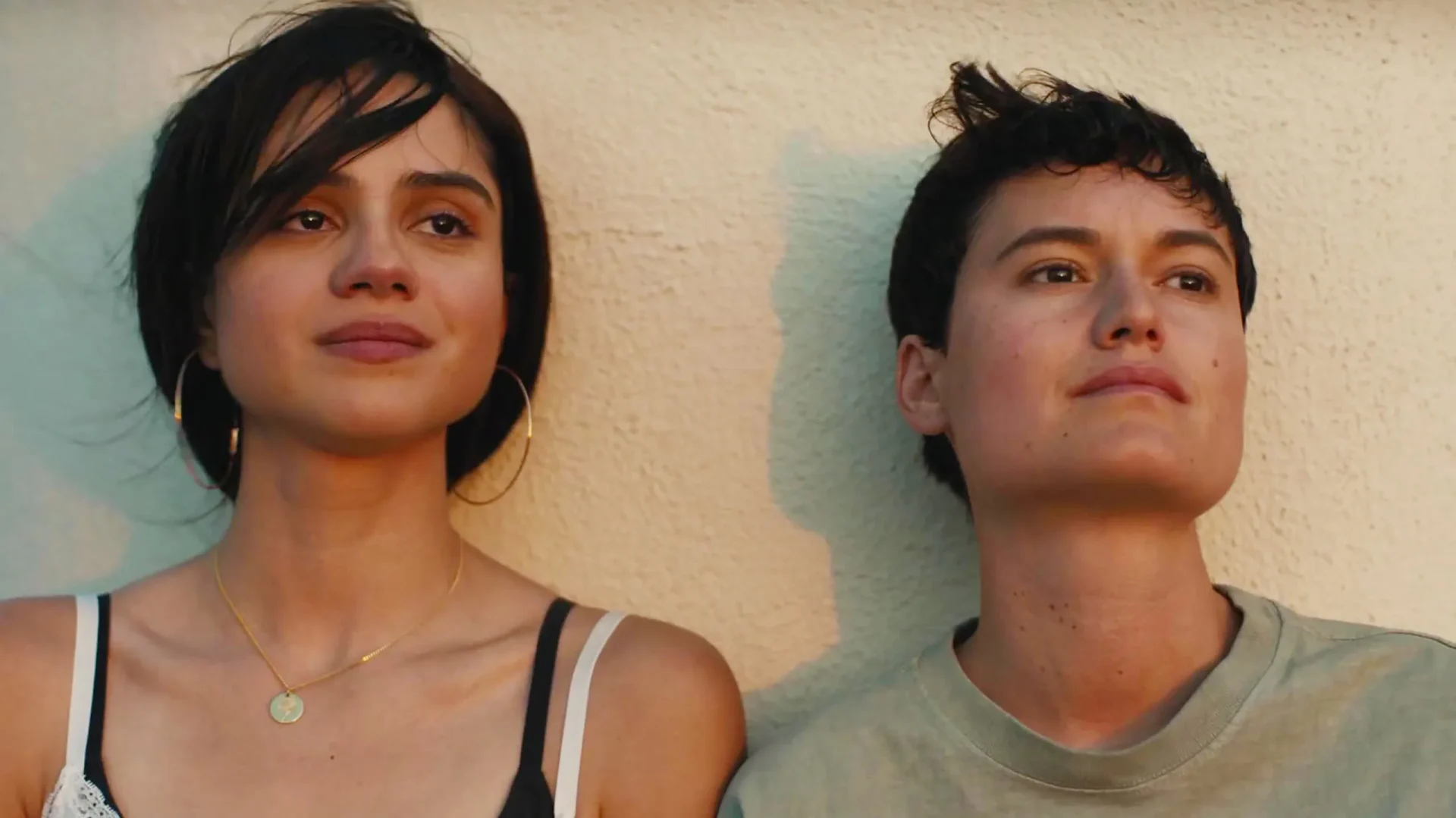
“In the Summers” is an intriguing meditation on time, as it becomes evident that certain incidents have more of a lasting impact than others. Even though Vincente is clearly unkempt and shows obvious signs of immaturity, a simple moment where he lays out his philosophy on the night sky and explains the meanings of different stars is primed within his daughters’ memories. At the same time, one significant blunder on his part that irrevocably changes the life of Violeta is enough to completely shape a new opinion about her father, despite his continued attempts to make up for his mistakes.
What’s most impressive about the way that Lacorazza has laid out her story is that these reflective moments are only tangible to the audience, as none of the characters have the capacity to look back at the larger tapestry when they are each living in the moment. It doesn’t imply that any of the characters are oblivious, but that they are bound by the parameters inherent to their stages in life; Violeta and Eva are too caught up in the perils of growing up to make note of the lasting impact that their father’s actions have had upon them, and Vincente seems to be too busy shifting between different personal battles to recognize where he started from. Although Lacorazza may not have been attempting to do anything subversive, the film’s decision to not provide the audience with simplistic moments of catharsis aids in the commitment to emotional realism.
Also Read: 20 Best Movie Performances of 2024
Restraint is a notable hallmark of Lacorazza’s style, but it also suffers from its consistent need to keep the characters at a distance. Outside of the first segment in which the two characters are younger, and thus more excitable, Violeta and Eva are generally unwilling to expand upon their personal anxieties when in the presence of their father, as they remain skeptical about the type of guidance he would be capable of giving them. This may have been in line with what Lacorazza’s actual experience may have been like, but it makes for many dull segments in which no insights are made about the characters. It’s admirable that Lacorazza avoids forced moments that impose greater meaning on seemingly inconsequential exchanges, but she fails to replace these segments of the narrative with anything more substantial.
Similarly, Vincente’s attributes and flaws are fairly apparent from the beginning, leading to a rather stagnant character whose lack of evolution leads to some dramatic inertness. The performance by Pérez is frequently excellent, as he is able to flip between being utterly charismatic and obliquely caustic on a moment’s notice. The nature of the film’s structure requires Vincente’s time to be dependent on where his children are, which leads to some unevenness in the continuation of his character arc. It’s another case in which being astutely observational doesn’t necessarily feel cinematic; as profound as it is to watch a man repeat the same cycles of relapsing and recovery, it can feel very repetitive in a film with only a sparse area of focus.
There’s a charm to the lo-fi aesthetics of “In the Summers,” as the depthful score by Eduardo Cabra is enough to add momentum to scenes with little movement. As interesting as it is to see Vincent’s residence change over time, the familiarity of the visuals does make it even more apparent when the film is unfocused. Rarely does “In the Summers” produce a memorable composition or exchange, as it is the enormity of the achievement that is more impressive than any specifics.
“In the Summers” is a very impressive first feature, as Lacorazza is quite discerning in the subtle ways in which familial relationships evolve over time. It’s also a film that has the wisdom to let the audience judge the characters for themselves and does not seek to easily wrap up a story that may inherently have an open-ended conclusion. However, Lacorazza’s future endeavors may be improved if she is able to take her insight into the human condition and apply it to a narrative that features a greater degree of dramatic tension.

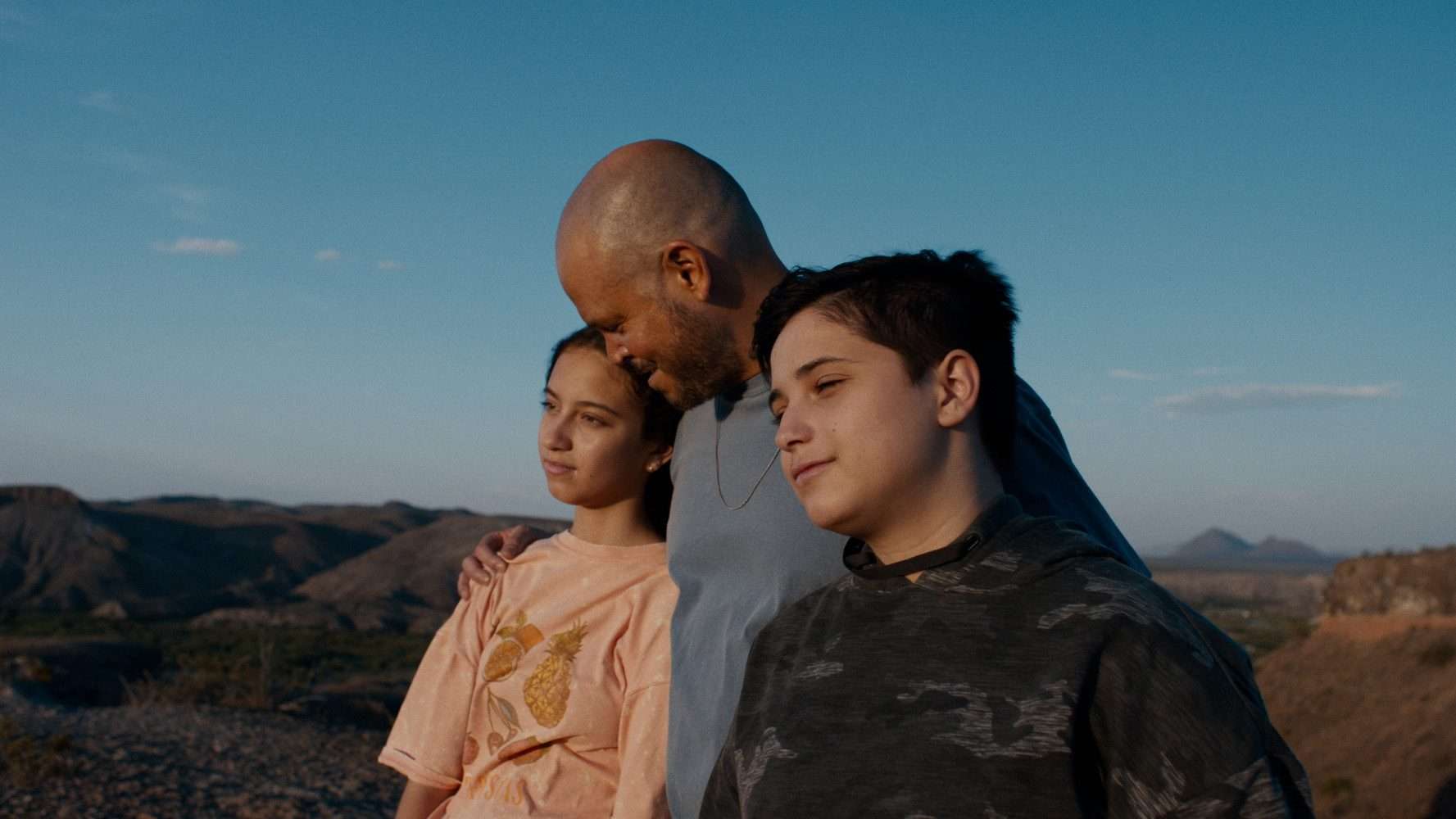


![No Exit [2022] Hulu Review: Taut, Gratifying Thriller Falls Apart In The Third Act](https://79468c92.delivery.rocketcdn.me/wp-content/uploads/2022/02/No-Exit-2022-768x432.jpg)
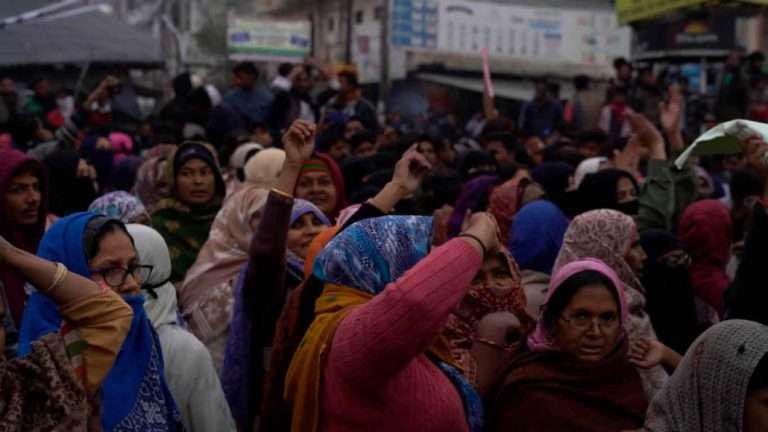
![How To Train Your Dragon: The Hidden World [2019] Review – Graceful Landing](https://79468c92.delivery.rocketcdn.me/wp-content/uploads/2019/03/How-To-Train-Your-Dragon-The-Hidden-World-Post-Credits-Scene-768x392.jpg)
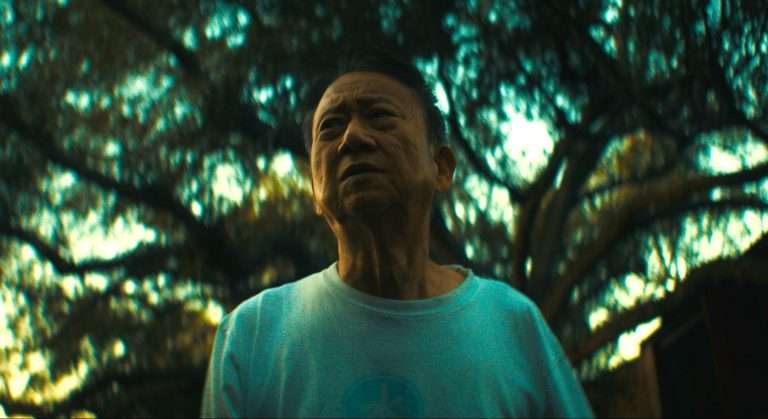
![The Woman in the Window [2021]: Netflix Review – Predictable Hitchcockian thriller dwindles while trying to outsmart the viewer](https://79468c92.delivery.rocketcdn.me/wp-content/uploads/2021/05/The-Woman-in-the-Window-highonfilms-768x512.jpg)
